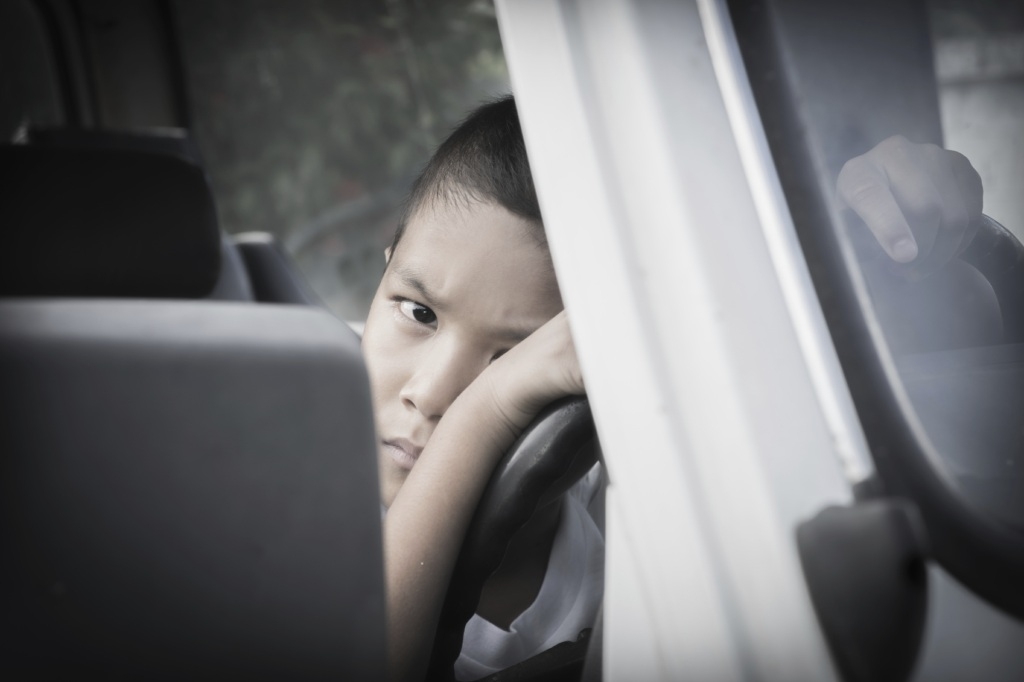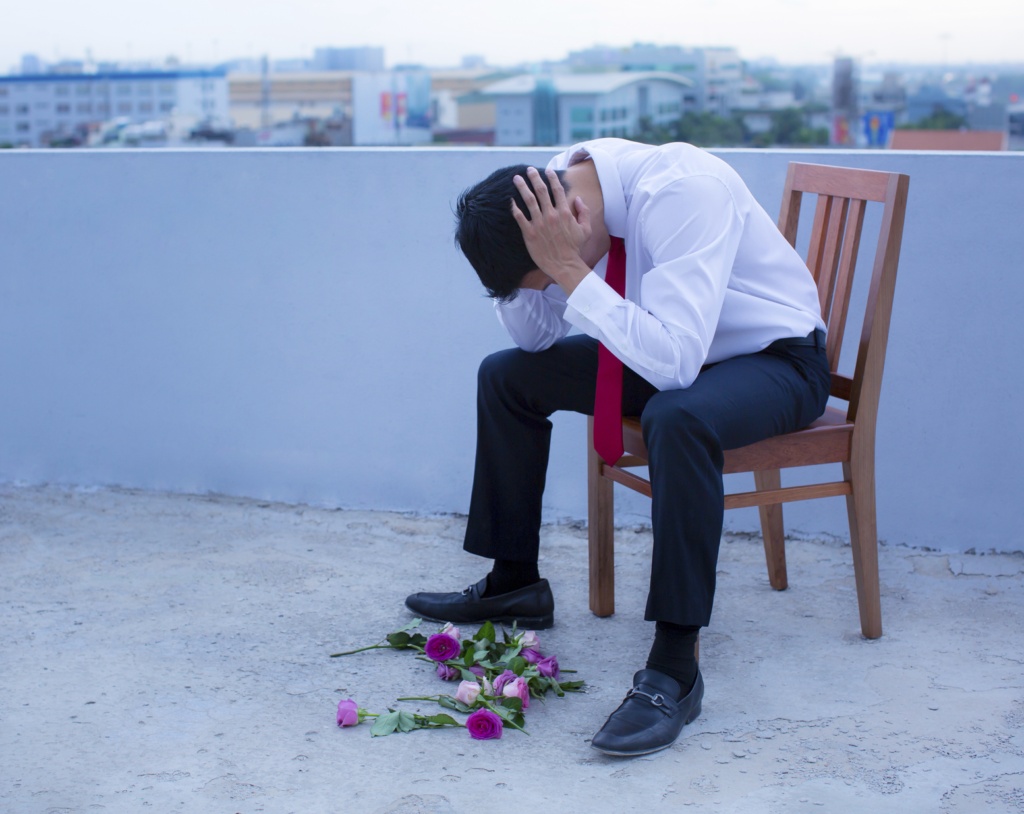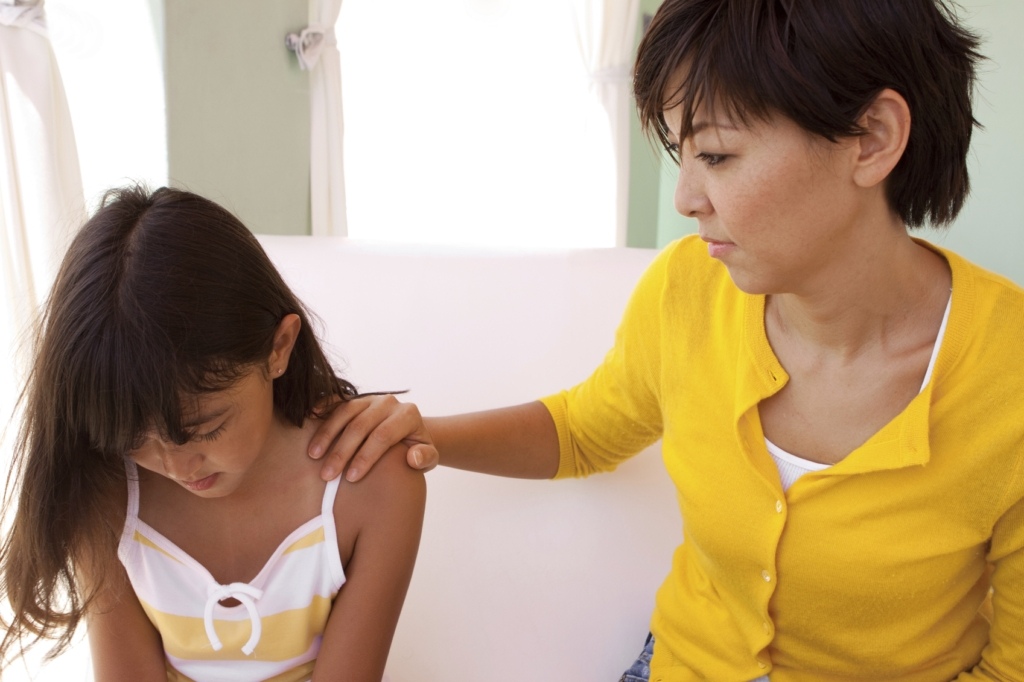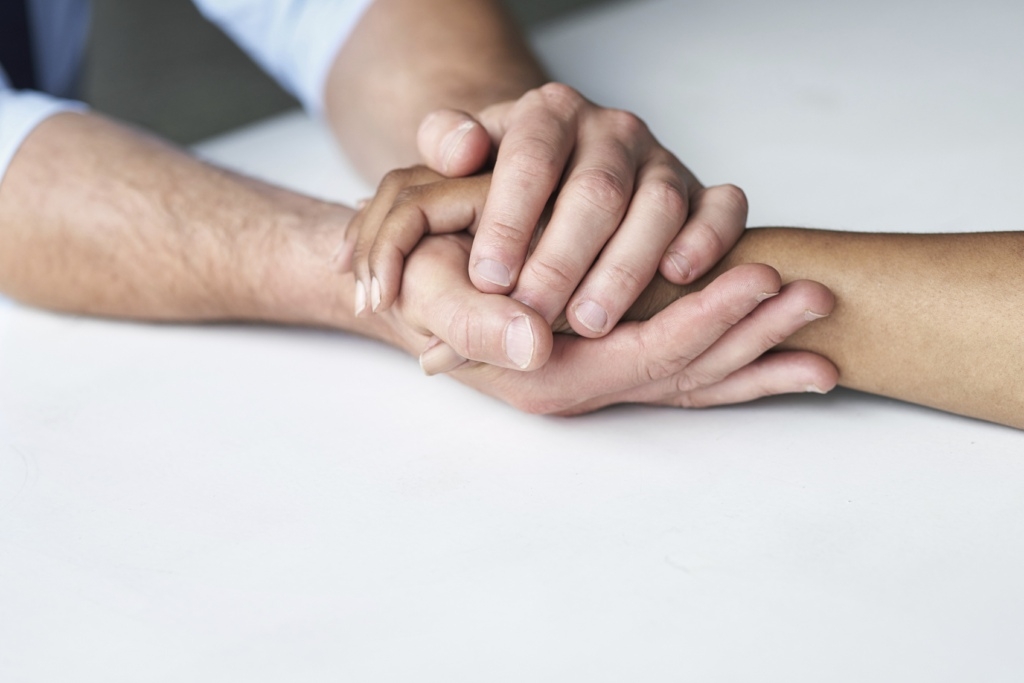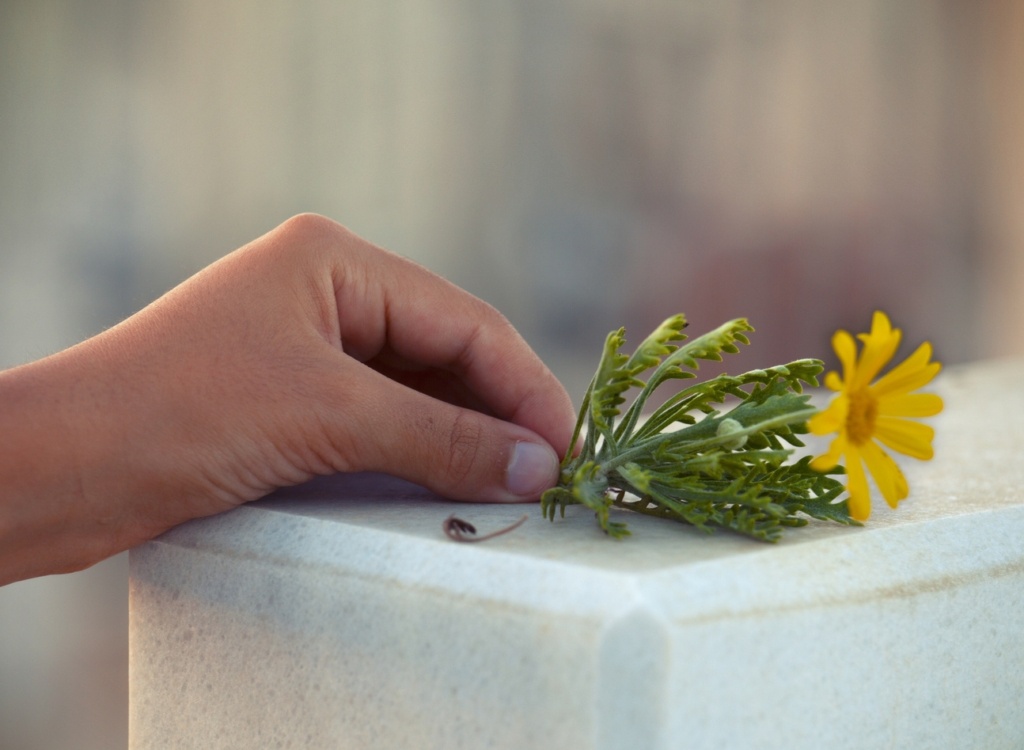SingaporeMotherhood | Parenting
June 2016
Recognising the Signs of Grief: How to Help Your Child Cope
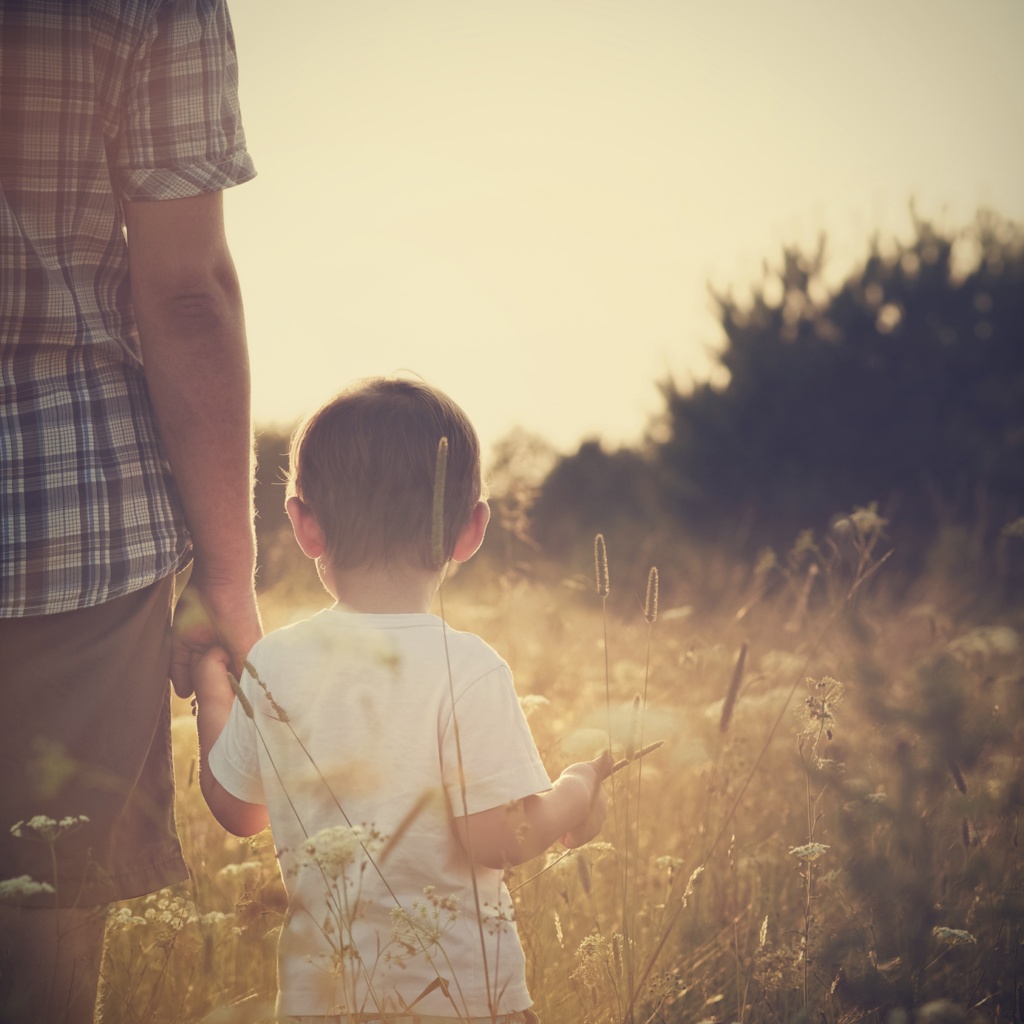
In the first two parts of this series, we discussed how to talk to our children about death and how best to prepare them to accept the reality of loss. In this final instalment, we discuss the signs of grief in children, as well as how best to help them cope.
[banner][/banner]
When Joshua’s wife died, it was as if their tight-knit family was suddenly torn apart. Joshua felt that his three children, all of whom he thought of as “good kids”, were suddenly transformed into people he hardly recognised.
Manifestations of grief
The oldest girl, who used to be chatty and outgoing, now refused to engage in conversations. The middle child had become hostile and angry, lashing out at those around him. His restlessness got on the nerves of everyone else. The youngest, previously independent, had become reliant on others to get things done. He often acted helpless and was afraid of being alone.
Joshua felt frustrated and helpless too. He had put up a brave front, expecting that they would do the same after the funeral. Instead, he was now faced with a discontented household. What had happened to his obedient kids?
“Children should not be expected to behave like adults when they grieve,” says Dr. Alvin Liew, Consultant Psychiatrist and Director of the Adult & Child Psychological Wellness Clinic. Trying to stop a child’s grieving process by saying something like, “Be a big boy!” negates the child’s feelings and places an unfair burden on him. Every child, like adults, deals with grief differently. Just as each child’s relationship with the deceased is unique, so is the way he or she grieves.
As in the example above, grief can manifest itself in unique ways even within the same family. Some typical types of behaviour include:
- Exhaustion
- Loss of appetite
- Panic and irrational fear
- Preoccupation with the dead person
- Regression
Younger children may not fully grasp the concept of death, while those who do may assume that showing their emotions is frowned upon by adults. When children clam up after a loved one dies, it may be because they are shell-shocked or uncomfortable with expressing their emotions.
“Adults must allow children to grief in a supportive environment,” says Dr. Liew, who sees bereavement as a natural process of healing. “Different children may need different durations to close the chapter as the unfortunate event has impact them to differential degrees. Parents can regularly reassure their children that they are in a safe environment with their family. Let them know that help (from various sources) is available and whenever needed.”
These are some books that you can read with younger children to help them understand and cope with the situation:
- Samantha Jane’s Missing Smile: A Story About Coping With the Loss of A Parent, by Julie B. Kaplow (for ages 5 – 8 years)
- Papa’s New Home, by Curtis, Jessica Lynn (for ages 4 – 8 years)
- Stones for Grandpa, by Renee Londner (for ages 4 – 7 years)
- Grandma Lives in A Perfume Village, by Suzhen Fang (for ages 4 – 8 years)
- Sweet, Sweet Memory, by Jacqueline Woodson (for ages 5 – 9 years)
 Image cc licensed (CC BY 2.0) flickr image Lost my spider 🙁 by Eduardo Merille
Image cc licensed (CC BY 2.0) flickr image Lost my spider 🙁 by Eduardo Merille
Three stages of grief
Dr. John Bowlby of the Tavistock Clinic in London observed that children go through three stages of grief – protest, pain, and finally, hope.
In the protest stage, the child rejects the notion that the deceased is gone for good. Children sometimes believe that the deceased person can still communicate with them (such as through prayers) or that they are able to sense the deceased person’s presence in the house. These are considered normal.
It is during this stage that adults should encourage them to express their emotions by providing a listening ear or sharing a prayer. By sharing memories and making sense of them, the child is able to gain some perspective of the situation and move on.
It is equally important not to judge. Adults sometimes fall into the trap of offering advice and trying to steer the child one way or the other. Advice such as, “You shouldn’t feel sad,” or “You shouldn’t be relieved just because he wasn’t nice to you,” should be avoided. The child has a right to his feelings and instead of judging them, adults can simply reassure him that such emotions are normal and will pass.
Once reality sets in, the child may be overwhelmed with pain, and other feelings such as anger and guilt. A child may beat up his sibling because he does not have an outlet to vent his anger. Or he may suffer from the “I did it” syndrome where he believes he had a role in causing the death.
In the end, he will realise that despite all that had happened, his life can go on. This is when hope shines through and the pain finally eases up.
When to seek professional help
How long the grieving process takes depends on individuals. Dr. Liew advises caregivers to monitor the bereaved child carefully and refer them for professional assessment and help when symptoms of depression or complicated grief become apparent and prolonged. These may include:
- Protracted sleep disturbances (sleeping too much or too little)
- Loss of interest in doing things
- Persistently being socially withdrawn
- Significant deterioration in appetite
- Prolonged regressive behaviour
- Suicidal thoughts
- Deterioration in the school performance
- Persistent hallucinations
As a parent or caregiver, your role is that of a guide through the painful but necessary process of giving. During times of crises, children need love, honesty and affection (see Where’s Heaven?: Explaining Death to Children). If you can help them accept death, then they can better appreciate life and all the pain and joy it has to offer.
As the 14th Dalai Lama once said, “We can never obtain peace in the outer world until we make peace with ourselves.”
All content from this article, including images, cannot be reproduced without credits or written permission from SingaporeMotherhood.
Follow us on Facebook, Instagram, and Telegram for the latest article and promotion updates.




